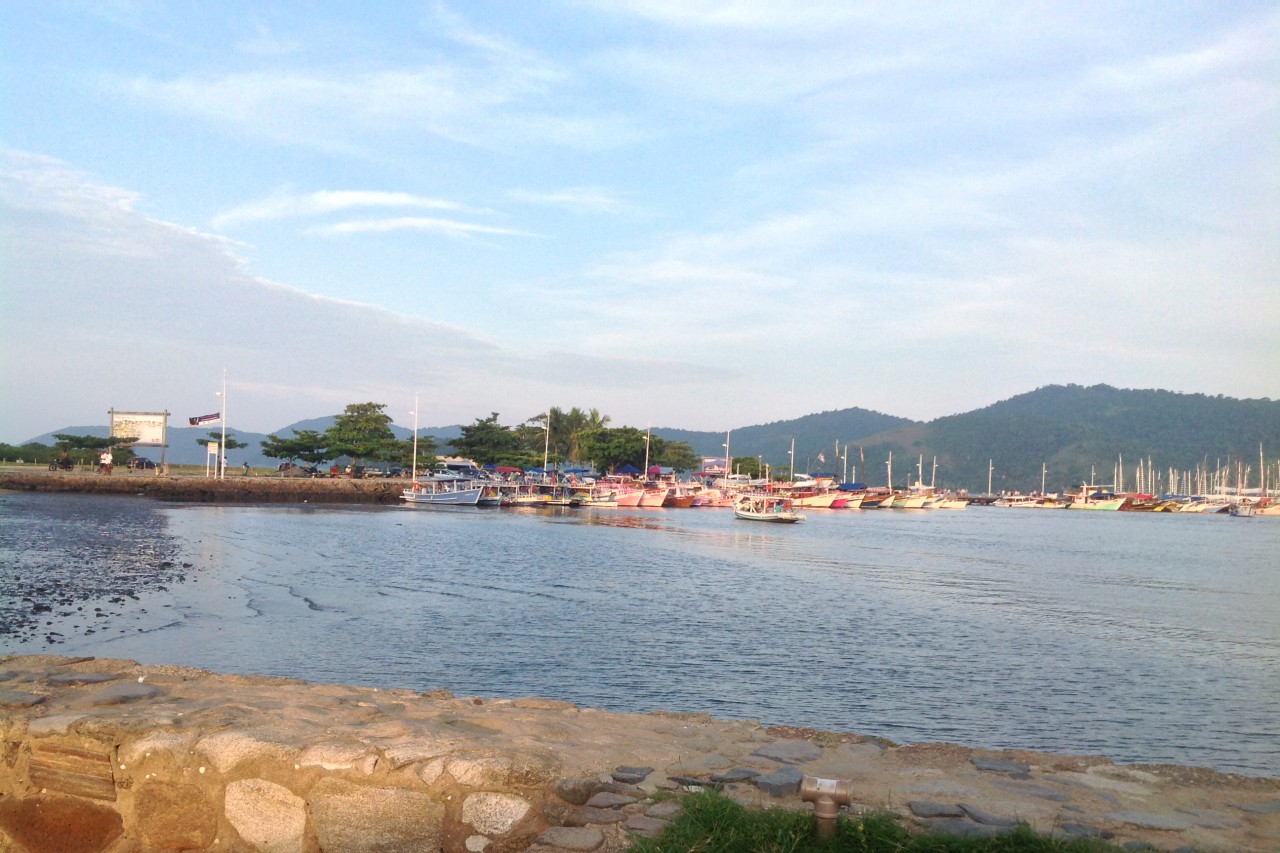Trust in governments is currently an Achilles heel for democratic governance across the world. In an age where the art of governing has become more complex and citizens have higher expectations of their elected officials and government, trust is the most important currency to sustain democratic governance. Unlike in authoritarian regimes, in democratic regimes trust matters because public information and citizen exchanges and discussions are sine qua non for democratic governance. Trust helps govern, design, and implement policies in key areas related to health, education, and the economy, all affecting citizens’ well-being and their households. Trust reduces transaction costs and helps obtain the necessary policy support from citizens. Two ingredients that strengthen trust in government, but are not necessarily seen by the citizens, are public integrity and ethics. Trust is so fragile that any event or action that is perceived to be detrimental by citizens can put a crack on trust and/or break it. So, any perceptions of abuse of power in the public sector, corruption, or opaque and unaccountable governance will reduce trust. So, how can integrity and ethics strengthen democratic governance?
Read More “Public Integrity and Ethics: The Forgotten Ingredients of Democratic Governance”











